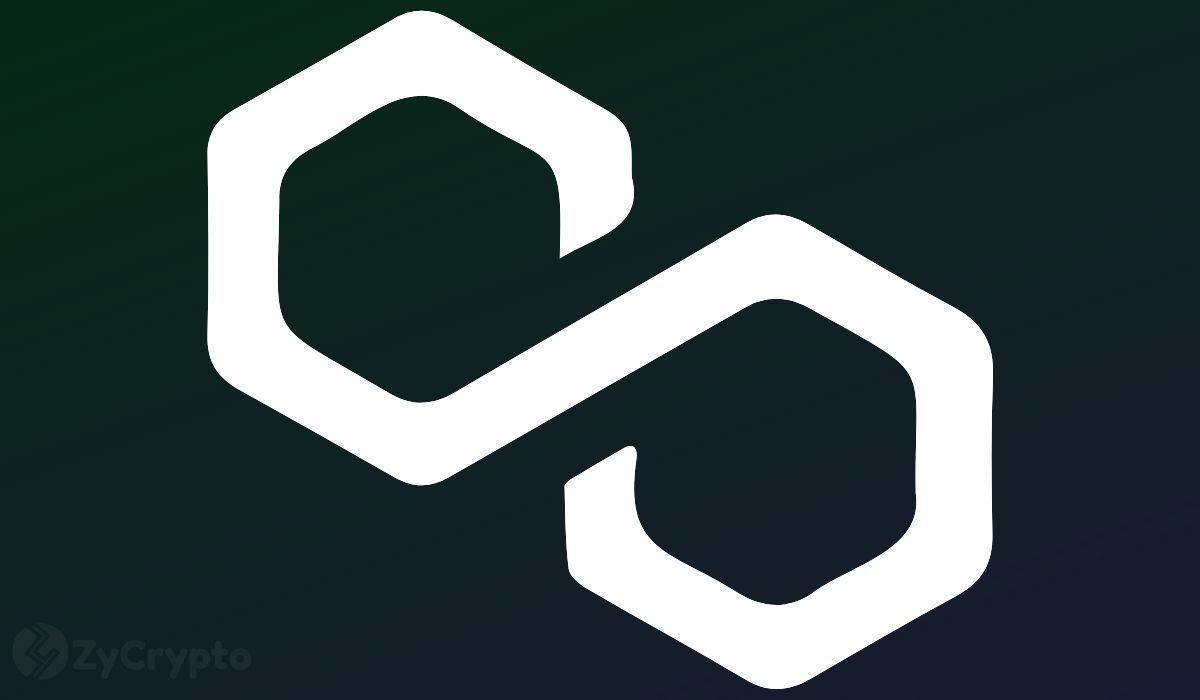A few days ago, Mihailo Bjelic, the Co-founder of Polygon and the Polygon Labs technical team, released a proposal to convert Polygon PoS to a zkEVM validium, a decentralized L2 that is the first of its type and secured by ZK proofs. This would be a significant achievement for the Polygon ecosystem since it will make Polygon PoS a more reliable, efficient, and integral part of the Polygon 2.0 ecosystem.
By processing transactions outside of the Ethereum Mainnet, zkEVM validium is a scaling solution that seeks to increase transaction throughput. It takes advantage of off-chain data availability and processing, much like the validium used by other scaling solutions. Zero-knowledge proofs are published by validium, such as the zkEVM validium, to validate off-chain Ethereum transactions.
These zero-knowledge proofs, like ZK-SNARKs and ZK-STARKs, work as “validity proofs” that verify the accuracy of off-chain transactions and strengthen the security guarantees of the validium chain. Users’ funds in zkEVM Validium are managed by an Ethereum smart contract. Almost immediate withdrawals are enabled as soon as a withdrawal request’s validity proof has been confirmed on the Ethereum Mainnet.
In the last 18 months, Polygon Labs has launched the only mainnet EVM-equivalent zkEVM and the quickest ZK proving system in the market. Despite being popular and widely used across the ecosystem, some issues raise questions regarding the Polygon PoS architecture’s long-term relevancy and dependability. It implies that these problems must be resolved to guarantee the platform’s long-term viability and user pleasure.
With its 100 validators and sizable staked value, Polygon PoS delivers a respectable amount of decentralization and economic security. However, by ultimately inheriting Ethereum’s security, powerful Layer 2 (L2) technologies like Polygon’s zkEVM can offer even higher security.
The Polygon PoS tech stack uses forks of the Cosmos SDK and Geth. Given the labour involved and the availability of more sophisticated L2 technologies like Polygon’s zkEVM, maintaining these forks may not be the best option.
Deep chain reorganizations occasionally occur in the probabilistic consensus process utilized by Polygon PoS, which can negatively impact the user experience and dependability. Additionally, the quick block times may cause errors in gas estimation, resulting in sporadic increases in gas prices.
Overall, the improvement is thought to be feasible, simple, and advantageous and would offer several advantages. The modification would result in enhanced Transaction Data Availability, Viability, and Simplicity, Higher Scalability, Lower Fees, and Increased Security.
In conclusion, the proposal views the switch to a zkEVM validium as a workable, simple, and advantageous solution to the problems Polygon PoS faces, enabling cheaper costs, more scalability, and utilizing the decentralization and design of Polygon PoS already in place.


